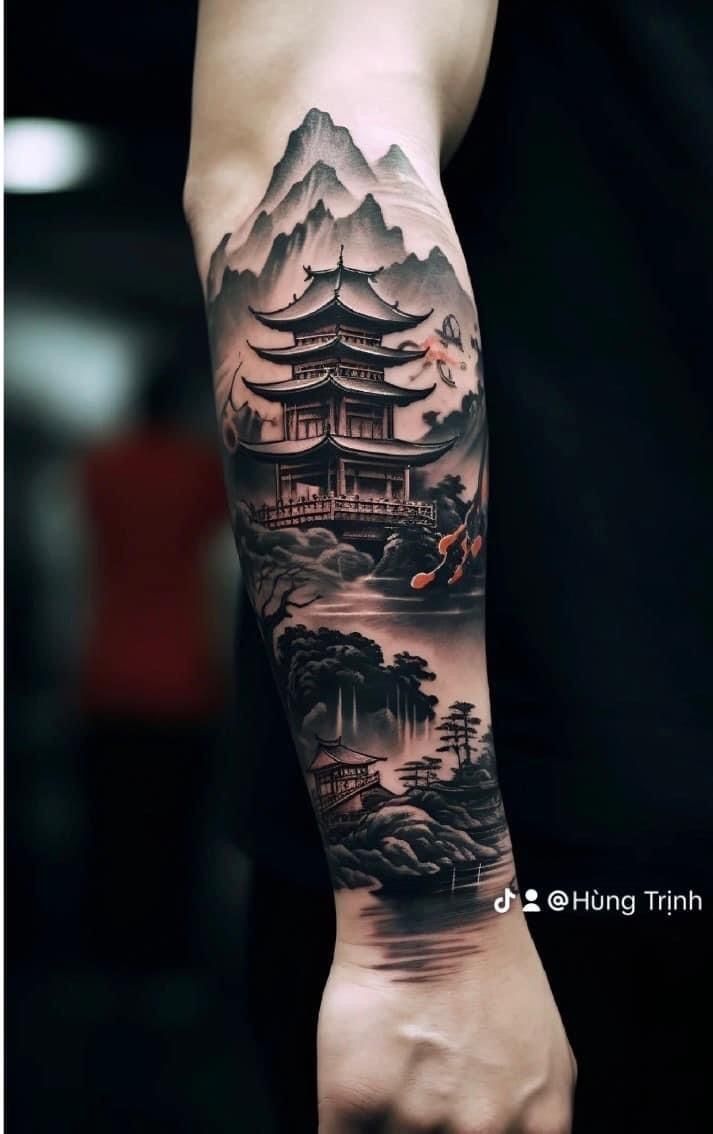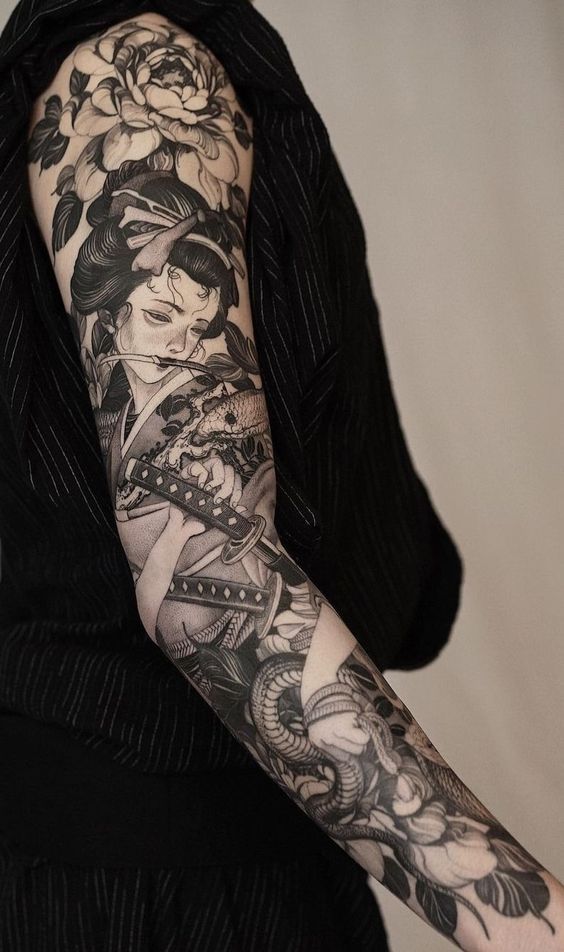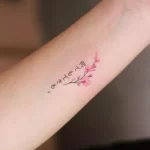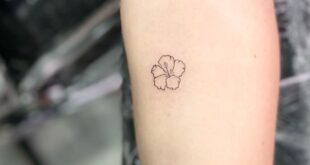Tattooing in Japan has a long and rich cultural history that dates back centuries. In Japanese culture, tattoos have been associated with criminality and the yakuza, the Japanese mafia. However, in recent years, tattoos have gained popularity among the younger generation as a form of self-expression and art.
Traditional Japanese tattoos, known as irezumi, are typically large, colorful designs that cover a large portion of the body. These intricate designs often feature traditional Japanese motifs such as dragons, koi fish, cherry blossoms, and samurai warriors. The process of getting an irezumi tattoo is a long and painful one, as the designs are typically done by hand using a technique called tebori, which involves tapping a needle into the skin by hand.
In Japanese society, tattoos are still associated with criminality, and many public places such as hot springs, public baths, and gyms have strict no-tattoo policies. This has led to many people opting for smaller, more discreet tattoos that can be easily covered up.
Despite the stigma surrounding tattoos in Japan, the art form is becoming increasingly popular, especially among young people. Many tattoo artists in Japan are pushing the boundaries of traditional irezumi designs and experimenting with new styles and techniques.
One of the reasons for the rise in popularity of tattoos in Japan is the influence of Western culture. Many young Japanese people view tattoos as a form of self-expression and a way to rebel against traditional societal norms.
In recent years, there has been a growing acceptance of tattoos in Japan, with more businesses and public spaces relaxing their no-tattoo policies. However, there is still a long way to go in terms of changing the negative perceptions of tattoos in Japanese society.
Overall, tattooing in Japan is a complex and fascinating art form with a rich cultural history. While tattoos are still associated with criminality and stigma in Japan, the art form is gaining popularity and acceptance among the younger generation as a form of self-expression and creativity. As attitudes towards tattoos continue to evolve, it will be interesting to see how the art form continues to flourish in Japan.
 innstyled Tattoo Ideas
innstyled Tattoo Ideas




















